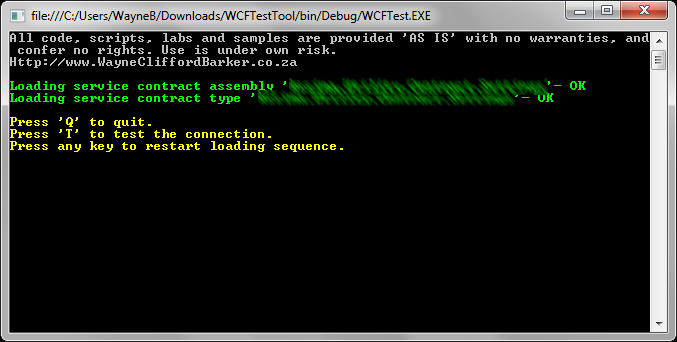Memory leak within WCF?
Memory leak within WCF? So yesterday my team had to trace a possible memory issue within our application. We used the built in memory tools within Visual Studio and identified that the ‘leak’ was within our WCF infrastructure. What was strange was that the problem came from the System.ServiceModel.Channels.BufferManager which is native .net code… So how… Read More »







